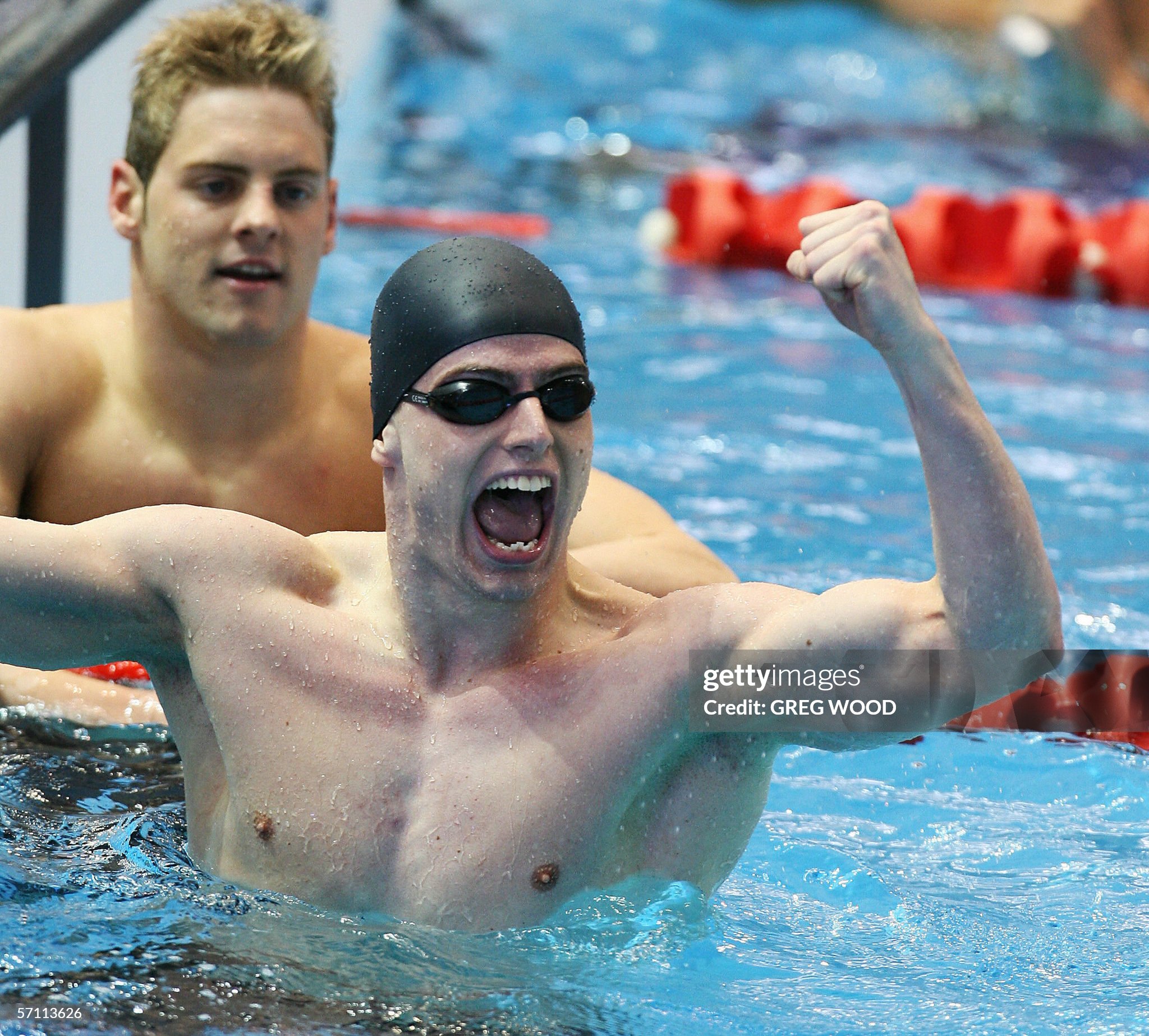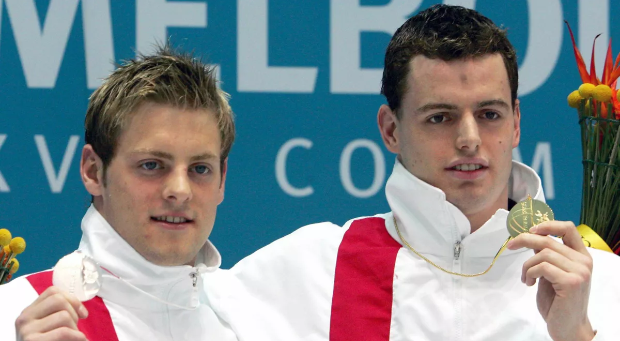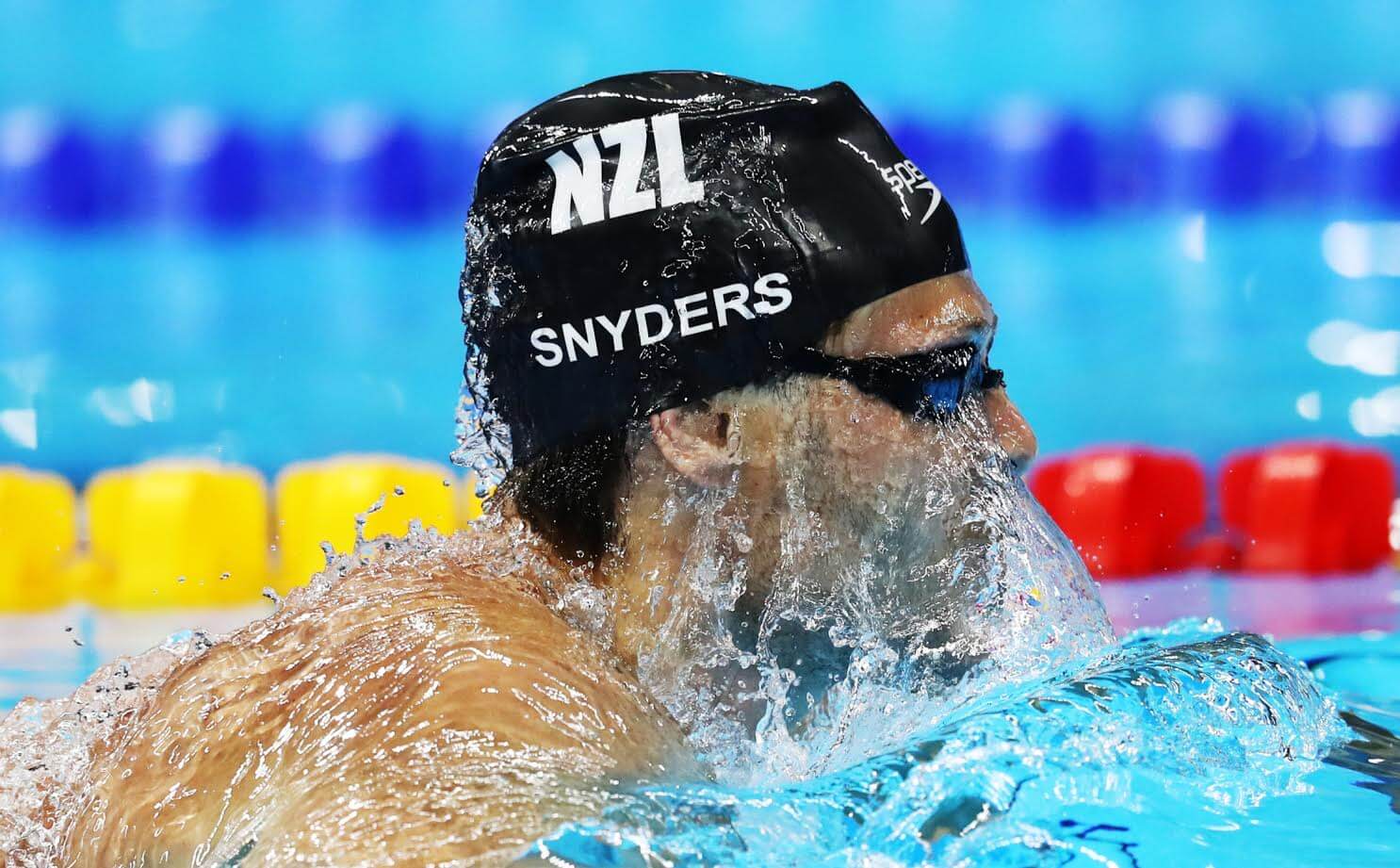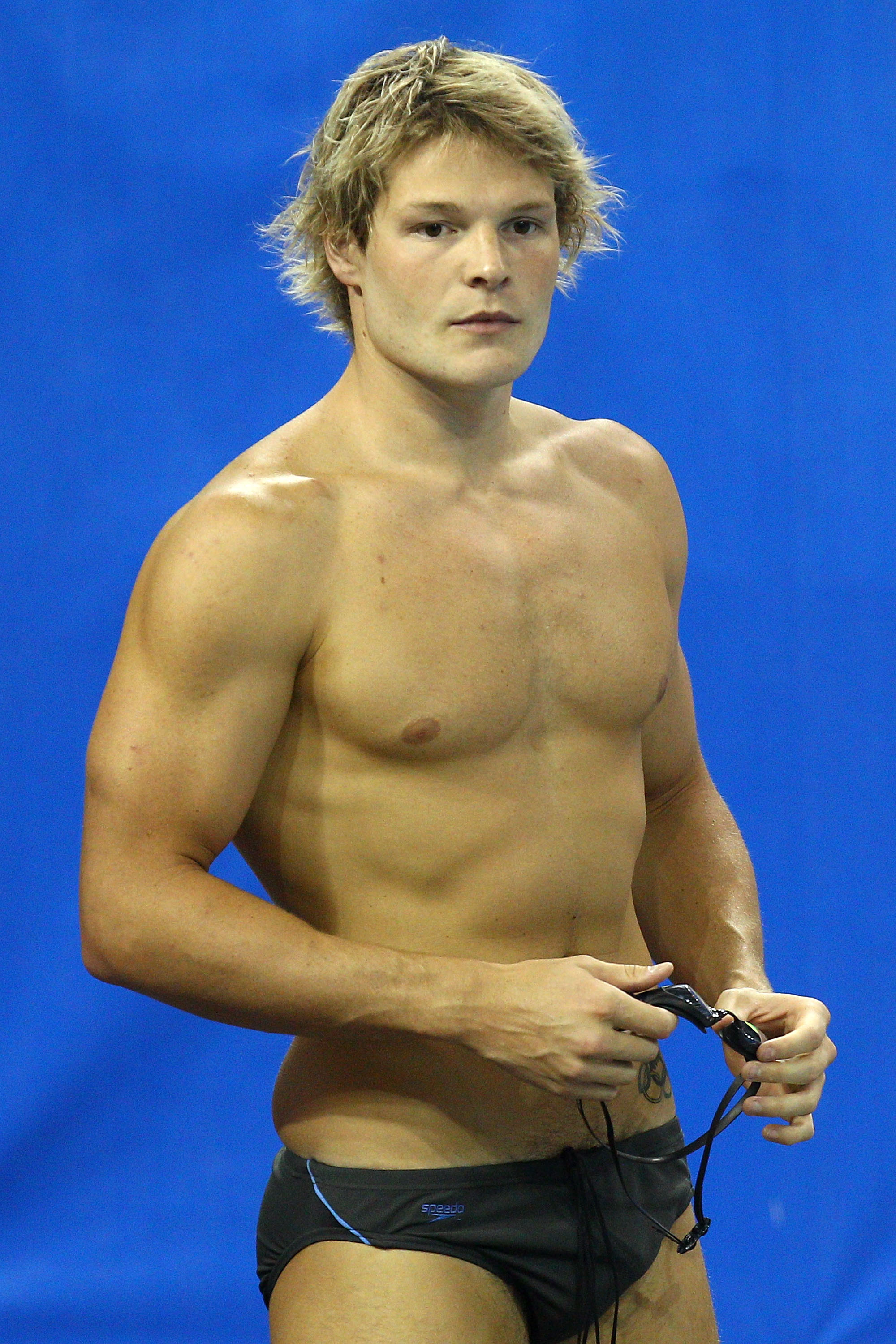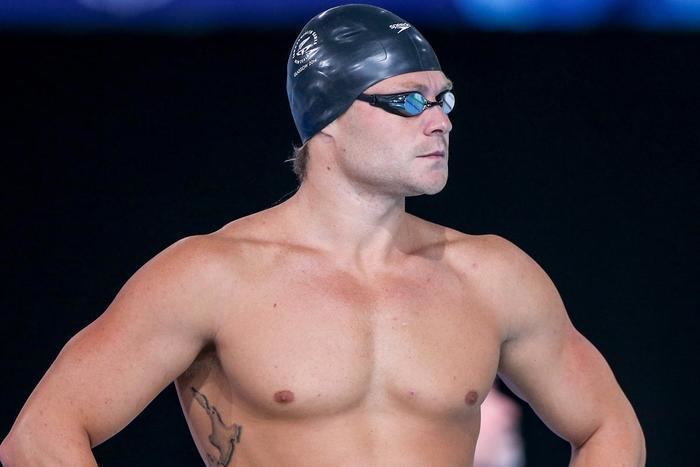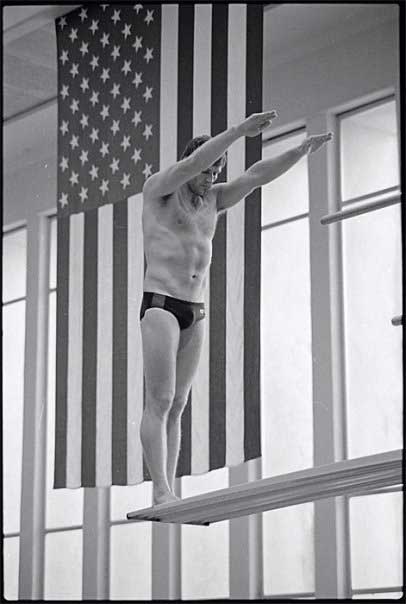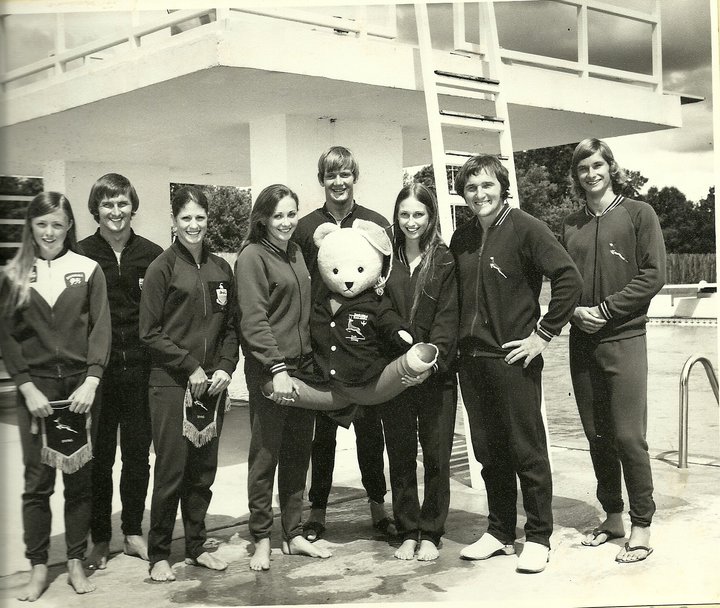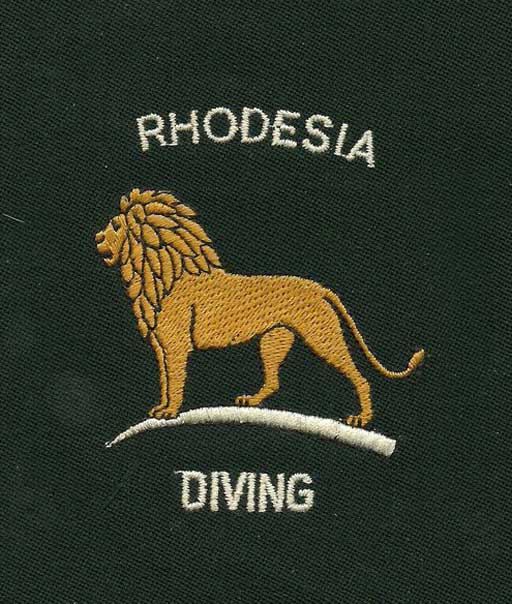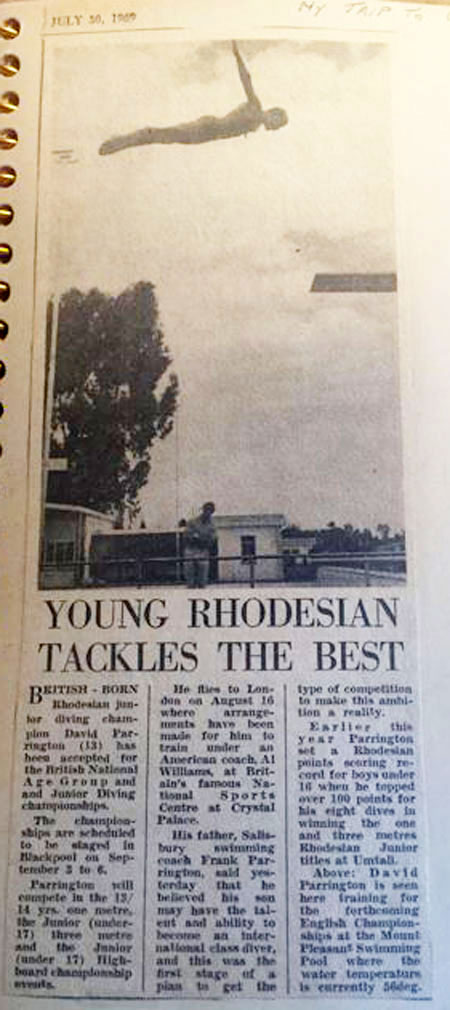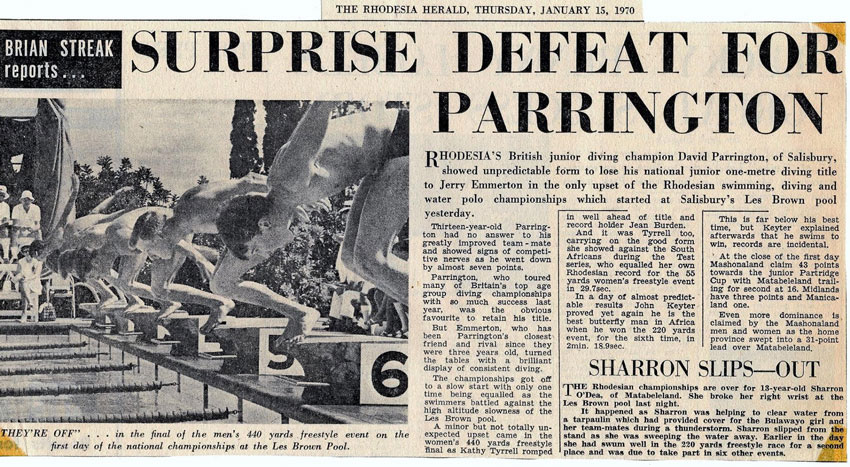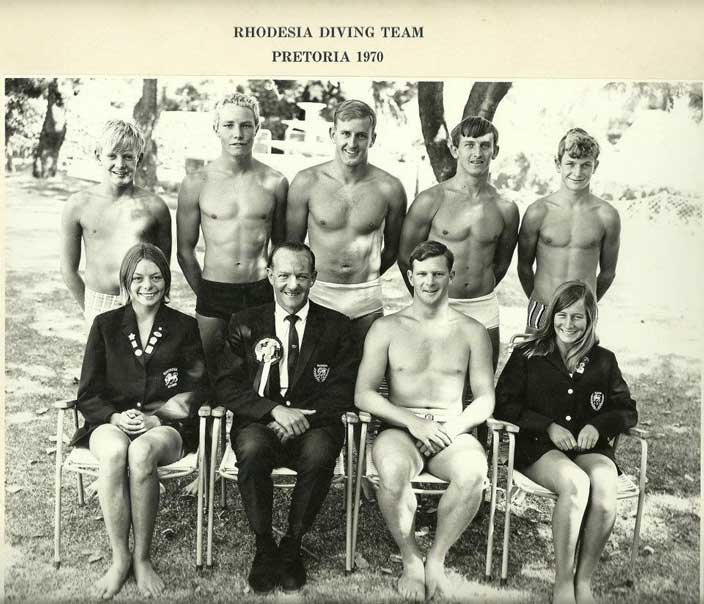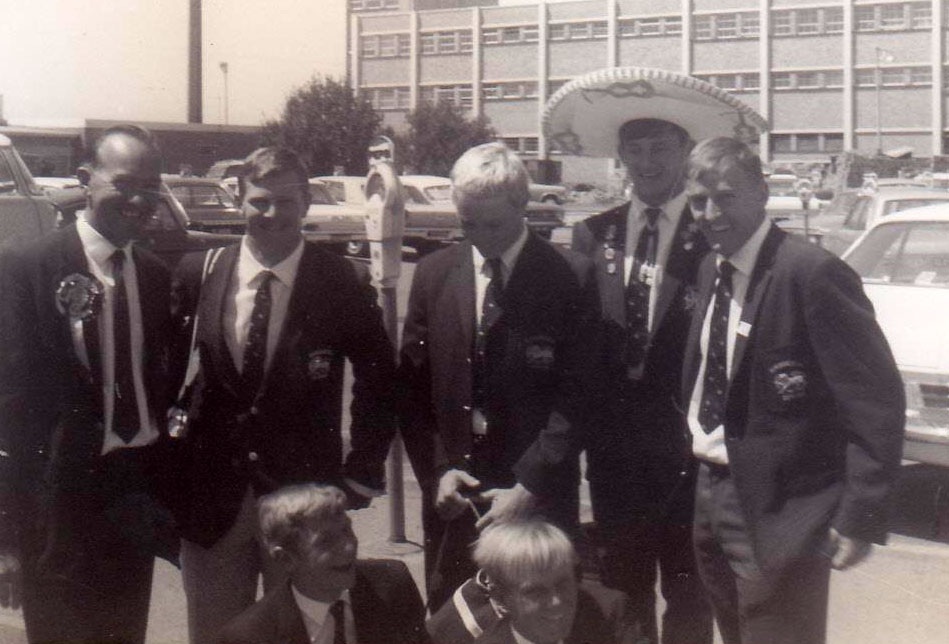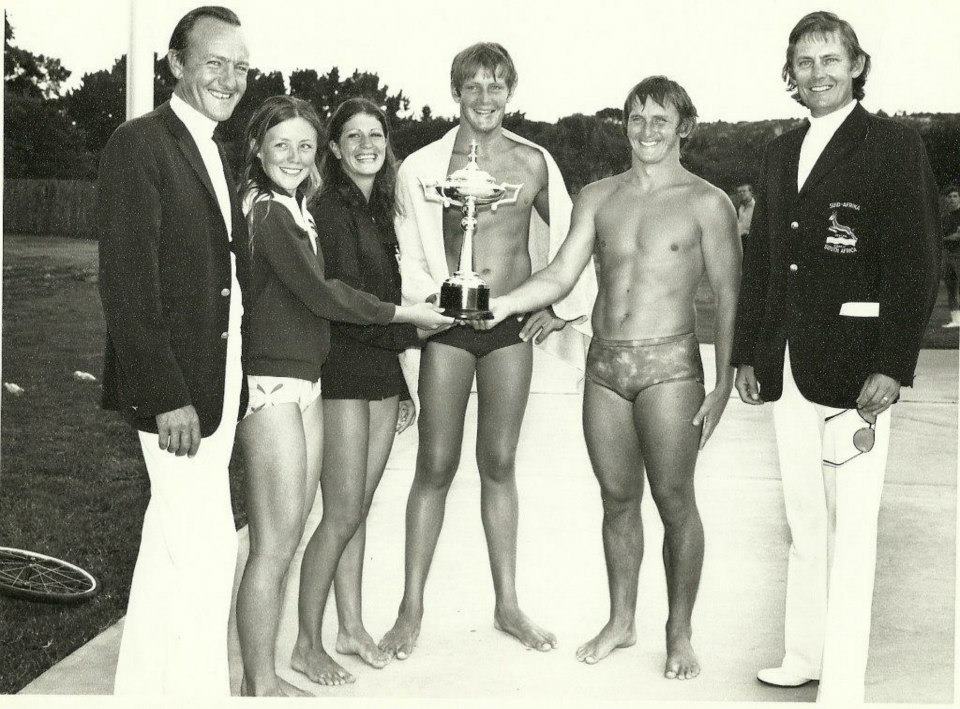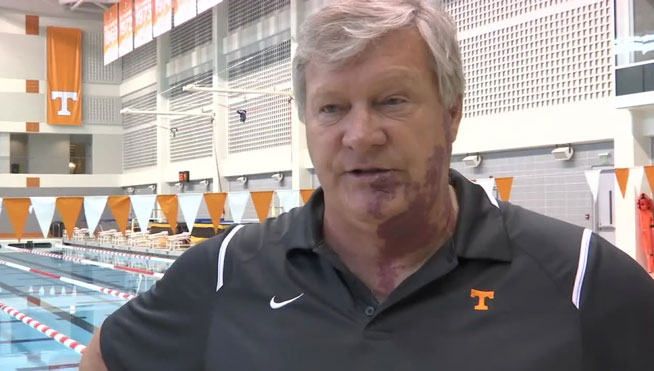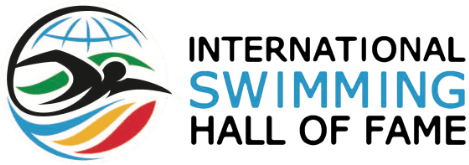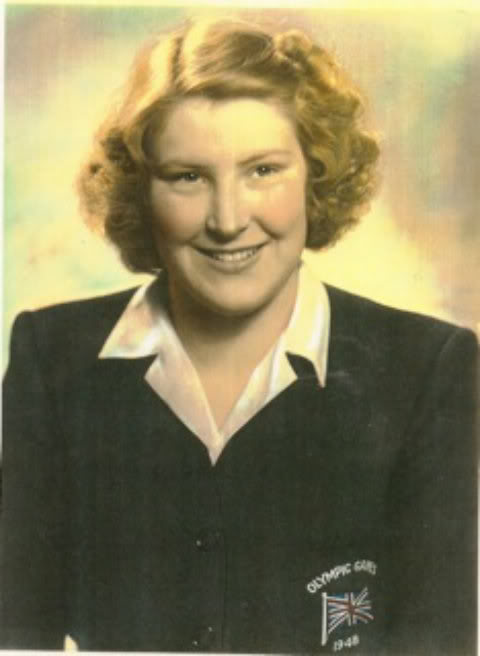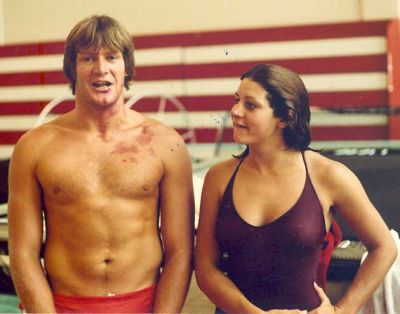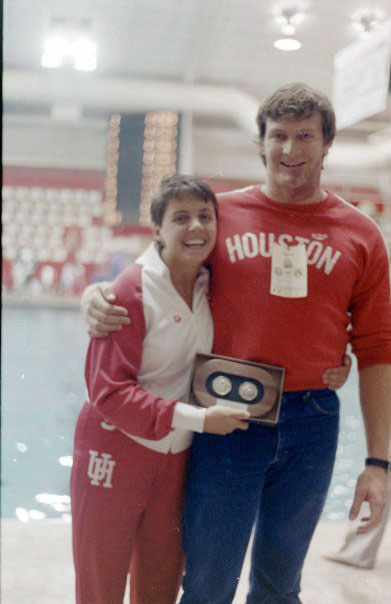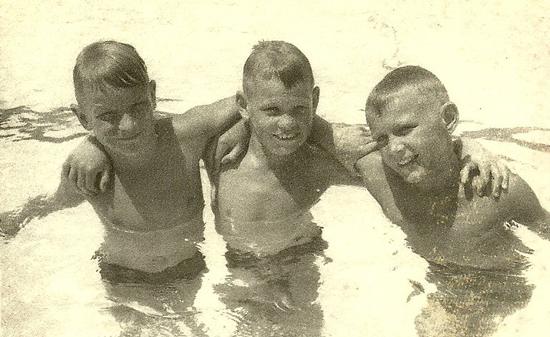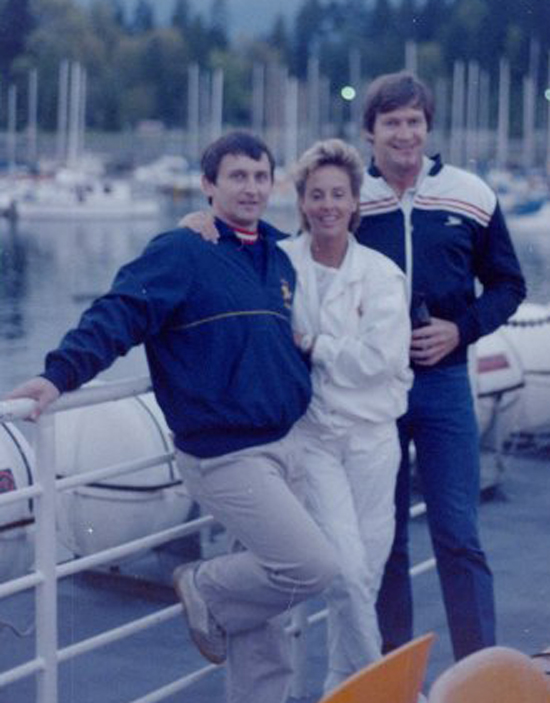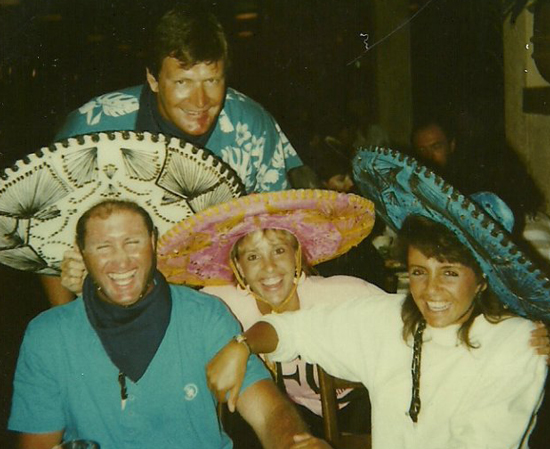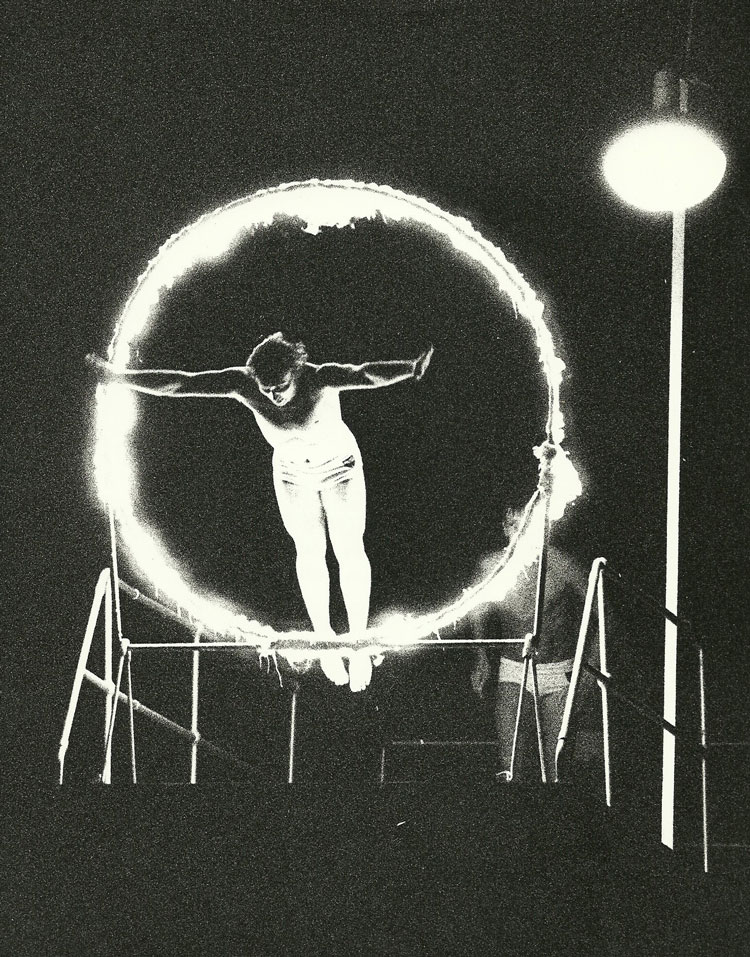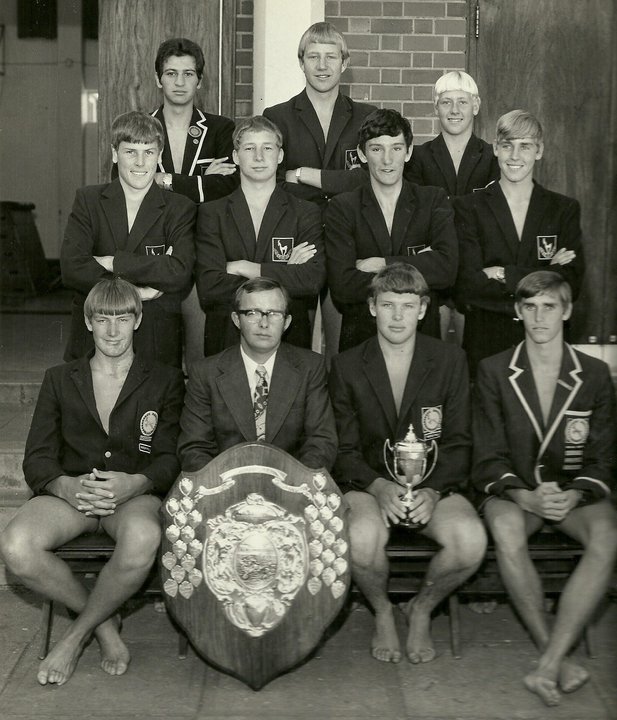Commonwealth Games
Empire and Commonwealth Games Champions
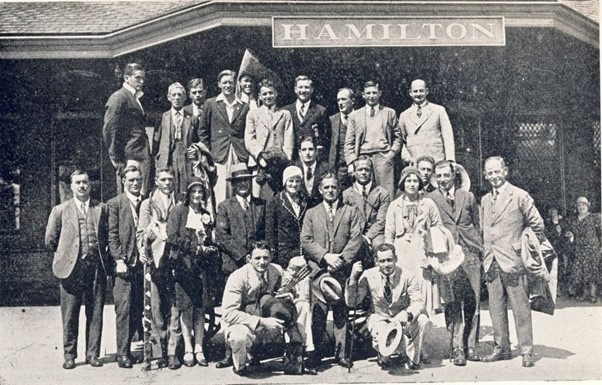
South Africa competed in the Empire Games from 1930 until 1958, after which it left the Commonwealth. South Africa rejoined the Commonwealth after 1994, and its athletes competed in the Commonwealth Games since then.
Olympic Games medallists are listed here.
1930 - Hamilton, Canada (1)
1934 - London (1)
1938 - Sydney (4)
1950 - Auckland (4)
1954 - Vancouver (14)
1958 - Cardiff (2)
-
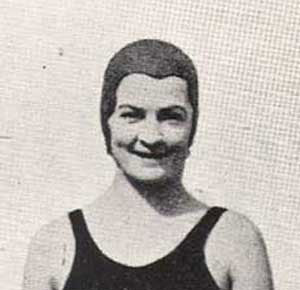
Oonagh Witsitt
Winner of the Women's Diving at the 1930 Empire Games in Hamilton, Canada, Oonagh is the only diver from South Africa to have won a major international title.
-
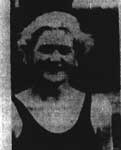
Molly Ryde
Molly competed at the 1934 and 1938 Commonwealth Games, winning a silver medal in the relays at both events.
-
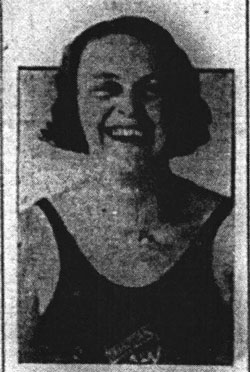
Enid Hayward
Enid was a Transvaal swimmer who won a silver medal at the 1934 Empire Games in Vancouver in the 4x110-yard freestyle relay. Nothing else is known about her.
-
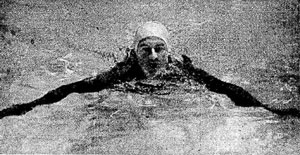
Carla Gerke
Carla won two silver medals at the 1938 Commonwealth Games in Sydney - 220-yard breaststroke and 330-yard medley relay. She was born in Amsterdam, before emigrating to South Africa. She was dressmaker before she died in Ramsgate in 1999.
-
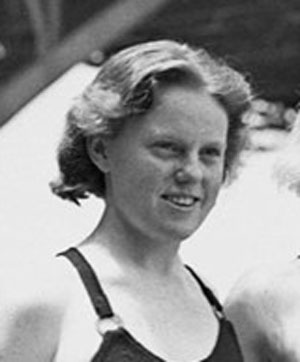
Hazel Holmes
Hazel, with Molly Ryde and Carla Gerke, won a silver medal in the 330-yard Medley Relay at the 1938 Empire Games held in Sydney.
-
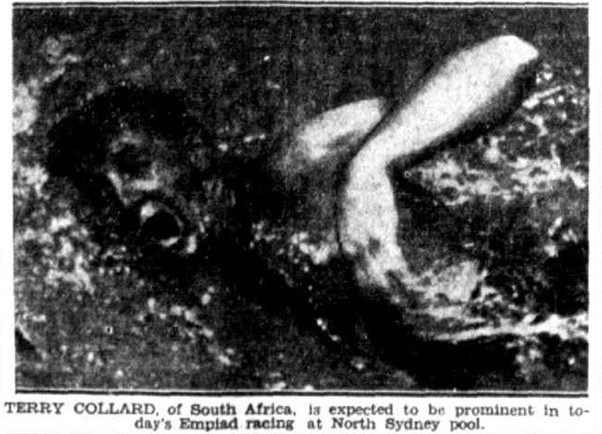
Terry Collard
Terry hails from Pretoria and swam for Northern Transvaal. He was the only male swimmer selected to represent South Africa at the 1938 Empire and Commonwealth Games. He won the silver medal in the 110-yard freestyle at the 1938 Empire Games in Sydney.
-
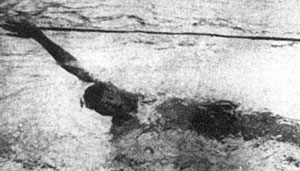
Jackie Wiid
Jacobus Coenradus de Beer "Jackie" Wiid was a backstroke swimmer from Kroonstad . He won the 110-yard event at the 1950 Commonwealth Games in Auckland. In the 100m freestyle, he finished 5th. He also competed at the 1948 Olympic Games held in London, where he finished 6th in the 100m backstroke.
-

Joan Harrison
In 1950, aged 14, she won the 440 yd freestyle at the British Empire Games, beating the previous games record by 13 seconds and finishing 7 seconds ahead of other competitors, and was declared the outstanding woman swimmer of the games. She won two more gold medals at the 1954 British Empire and Commonwealth Games. She won a gold medal at the 1952 Olympic Games. -
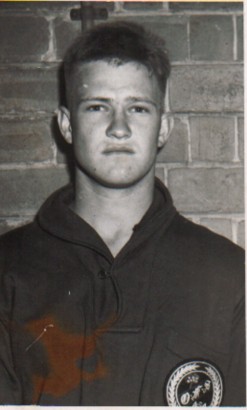
Graham Johnston
He won 2 gold and 2 silver medals in each of the 1950 and 1954 Commonwealth Games held in New Zealand and Canada, and represented South Africa in the Summer Olympics of 1952 held in Helsinki. -
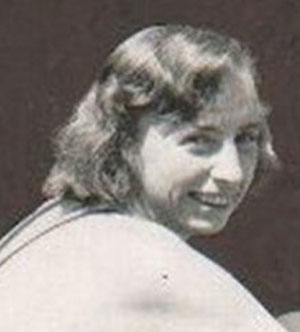
Felicity Loveday
Felicity was a swimmer from the University of Pretoria who won a gold medal at the 1954 Commonwealth Games in the 4x110-yard freestyle relay, with Joan Harrison, Maggie Petzer and Natalie Myburgh.
-
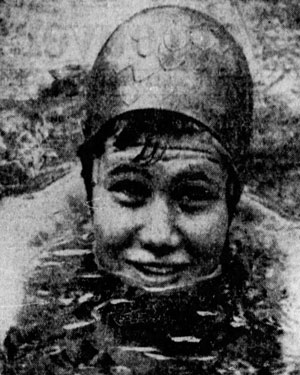
Maggie Petzer
At the 1954 Commonwealth Games in Vancouver Machadult 'Maggie' Petzer won two relay medals - gold in the freestyle relay and silver in the medley relay.
-
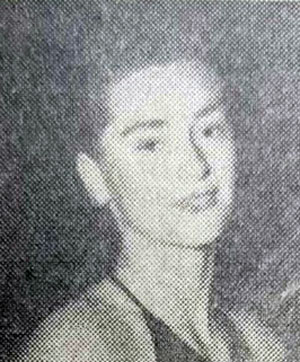
Mary Morgan
Mary "Sandy" Morgan was an Eastern Province swimmer before she moved to the Transvaal. She won silver in the 220-yard breaststroke at the 1954 Commonwealth Gamers in Vancouver.
-
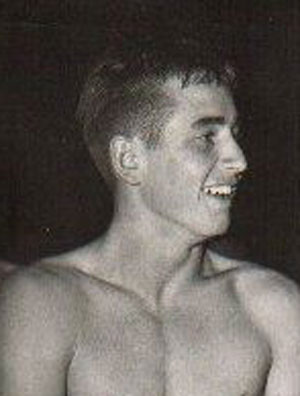
Peter Duncan
In 1954 Peter was 2nd, behind his teammate Graham Johnston in the 1650-yard Freestyle. he also won a bronze medal in the 4x220-yard Freestyle Relay. He was one of 4 South African swimmers to win a scholarship to the University of Oklahoma in 1952.
-
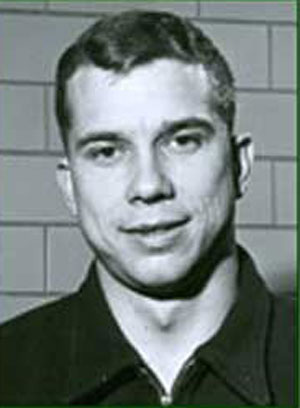
William Steuart
'Billy' Steuart finished 3rd in the 1954 Commonwealth Games 4x220 yards Freestyle Relay, with Dennis Ford, Graham Johnston, and Peter Duncan. In the 1958 and 1959 NCAA Championships he won and defended his titles for 440 yards and 1650 yards freestyle.
-
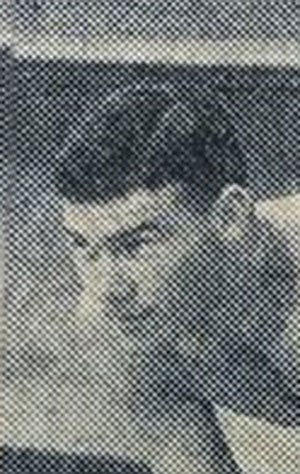
Dennis Ford
Like Joan Harrison, Dennis Ford came from East London, but attended King Edward VII High School (KES) in Johannesburg, where Cecil Colwin coached him. At the 1954 British Empire Games he won a bronze medal in the 4x220 yard relay.
-
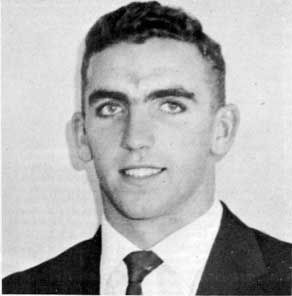
Tich McLachlan
Murray 'Tich' McLachlan won the bronze medal in the 1650-yard freestyle at the 1958 Commonwealth Games held in Cardiff.
He swam at the 1960 Rome Olympic Games, where he finished 6th in the final of the 1500, in a time of 17:44,9 compared to his bronze medal-winning time at the 1958 Commonwealth Games of 18:19,2
-
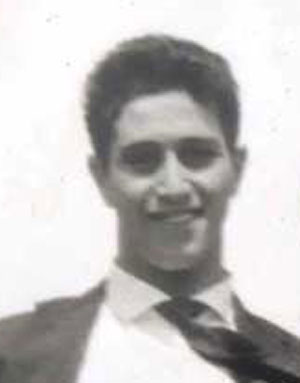
Peter Rocchi
At the 1958 Commonwealth Games in Cardiff, Peter won a silver medal in the 220-yard breaststroke.
South African medal winners at the Commonwealth Games after readmission to international swimming in 1994.
-

Helene Muller
An Olympian in 1996 and 2000, Helene won silver medals for the 100m freestyle and 4x100m freestyle relay at the 2002 Manchester Commonwealth Games.
-

Hendrik Odendaal
At the 2002 Commonwealth Games in Manchester, with Roland Schoeman, Lyndon Ferns and Ryk Neethling, Hendrik won silver in the 4 × 100 metre freestyle relay.
-
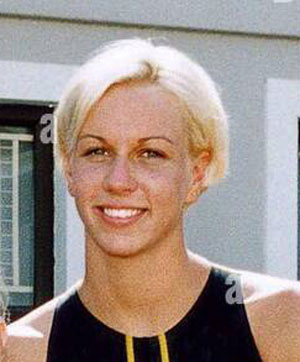
Mandy Loots
In 2002 Mandy won a silver medal in the 100m butterfly at the Commonwealth Games in Manchester.
-
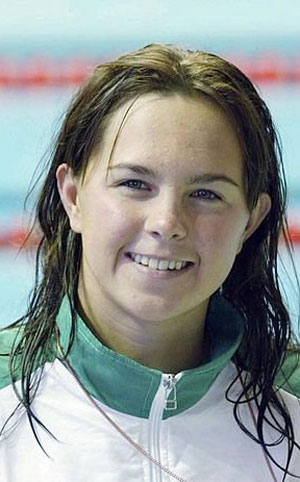
Lize-Mari Retief
In the 2006 Commonwealth Games in Melbourne, she tied for third place in the 50m butterfly, winning a bronze medal.
-

Wendy Trott
Daughter of Springbok swimmer Sue Dickie, Wendy won a silver medal at the 2010 Commonwealth Games in Delhi, before winning the NCAA 1650 yards title for three years in a row.
-
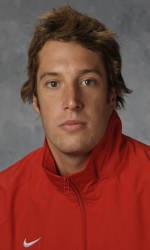
Troy Prinsloo
He swam in the 1500 at the 2006 Commonwealth Games, finishing with a bronze medal. He swam the same race at the the 2008 Olympic Games, and the 10km marathon at the 2012 Games in London, finishing 12th. Troy's greatest achievement was probably winning the 1650 yards freestyle at the 2009 NCAA Championships
-
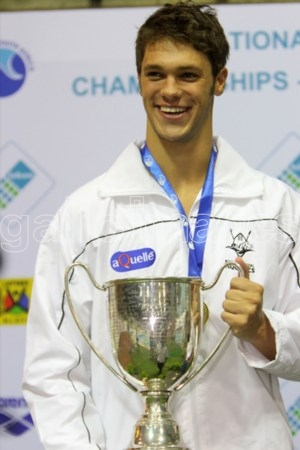
Charl Crous
Charl van Zyl Crous was the Captain of Swimming at Westville BHS in 2009. He is the current African Record Holder for the 200-meter Backstroke and won a silver medal at the Commonwealth Games in 2010, swimming the backstroke leg of the 4×100 medley relay.
-

Heerden Herman
At the 2010 Commonwealth Games in India, he won the silver medal in the 1500 meter freestyle and as a member of the 4X200-meter freestyle relay team which won the bronze.
-
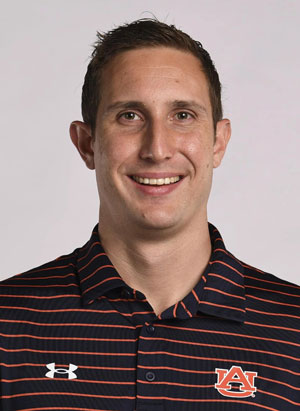
Gideon Louw
Gideon Abraham Louw won three medals at the 2010 Commonwealth Games in Delhi - 50m freestyle and two relays.
-
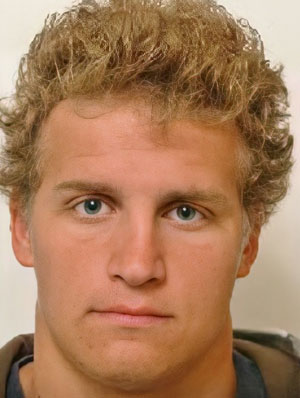
Jasper Venter
Venter won a bronze medal, as a member of the South African team, in the 4 × 200 metre freestyle relay at the 2010 Commonwealth Games in Delhi, India.
-
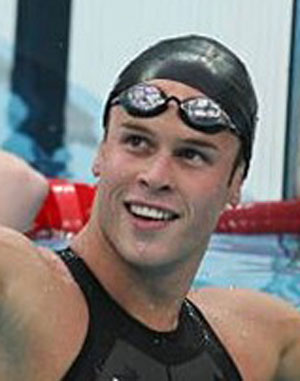
Jean Basson
Like Jan Venter, Jean won a bronze medal in the 4x200m freestyle relay at the 2010 Commonwealth Games in Delhi.
-
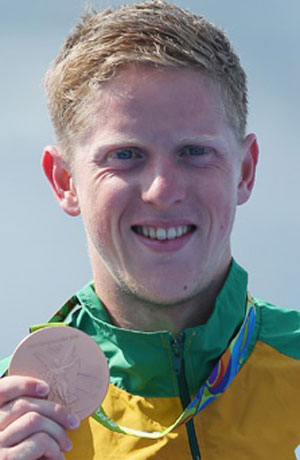
Riaan Schoeman
Riaan and his brother Henri Schoeman started swimming with coach Alidair Hatfield in Durban when he was 10.
Riaan won bronze in the 400 IM at the 2010 Commonwealth Games in Delhi.
-
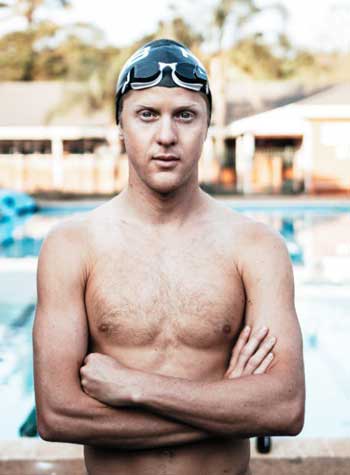
Henri Schoeman
Henri and his brother Riaan Schoeman started swimming with coach Alisdair Hatfield in Durban when he was 9.
In 2016 he won a bronze medal for triathlon at the Rio Olympic Games. In 2018 he won gold at the Commonwealth Games.
-
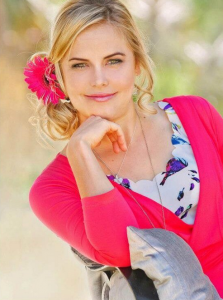
Kate Roberts
Kate Roberts competed in triathlon at two Commonwealth Games, placing 16th in Melbourne in 2006 and winning a silver medal in the mixed relay team in Glasgow in 2014
-
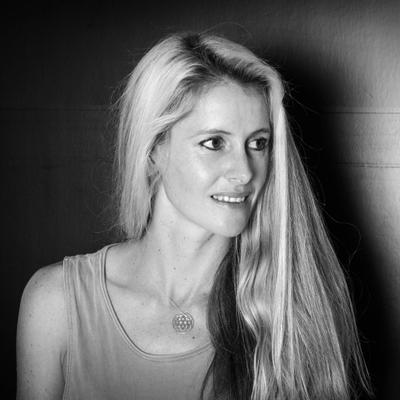
Gillian Sanders
Triathlete 3 x Olympian, Commonwealth Games 🥈 World Cup 🥉, 8 x African Champion 🥇
-
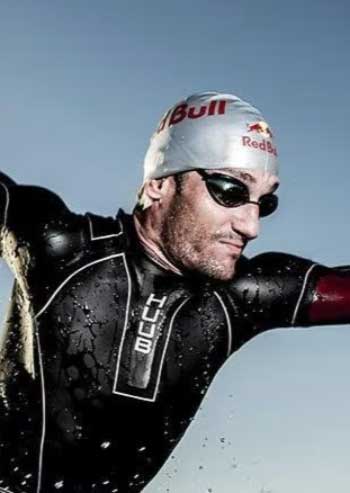
Richard Murray
At the 2014 Commonwealth Games, he won a silver medal in the mixed-team relay and a bronze in the men's triathlon.
-
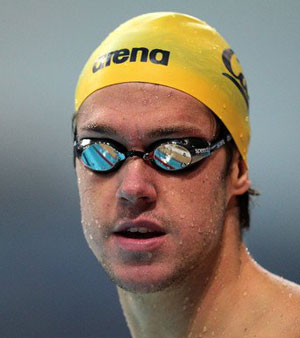
Graeme Moore
Graeme swam at the Commonwealth Games at Delhi in 2010, where he was part of the bronze medal-winning 4x100m freestyle relay team.
-
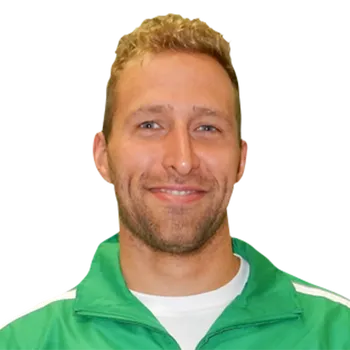
Sebastien Rousseau
In the 2010 Games held in Delhi Sebastien won two relay medals - silver and bronze. At the 2014 Commonwealth Games, Sebastien four bronze medals, of which two were for individual events.
-
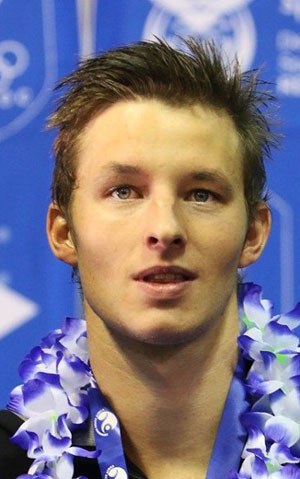
Devon Myles Brown
At the 2014 Commonwealth Games held in Glasgow, Devon anchored the 2x200 freestyle relay with the fastest split of 1:47,61, to help South Africa win a bronze medal.
-

Dylan Bosch
In 2014 Dylan was part of the bronze medal-winning 4x200 freestyle relay at the Glasgow Commonwealth Games.
-
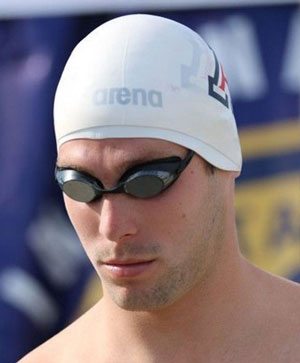
Brad Tandy
At the 2018 Commonwealth Games in Brisbane, Brad Tandy finished second in the 50m freestyle in 21:81, winning the silver medal. He placed third in the 4x100 medley relay at the Commonwealth Games, along with teammates Chad Le Clos, Cameron van der Burgh and Calvyn Justus.
-
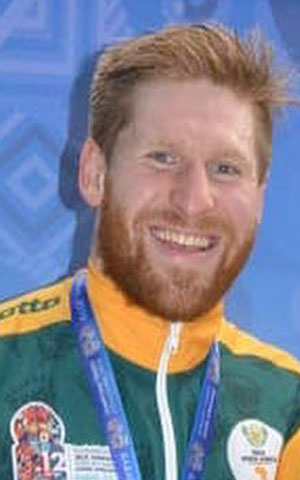
Ryan Coetzee
Ryan is a butterfly specialist who won a bronze medal in the 2018 Commonwealth Games when he finished third behind Chad le Clos in the 50m butterfly.
-
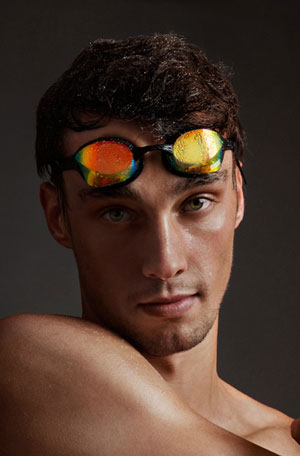
Calvyn Justus
Calvyn is a backstroke specialist who placed third in the 4x100 medley relay at the 2018 Commonwealth Games, along with Chad Le Clos, Cameron van der Burgh and Brad Tandy.
-
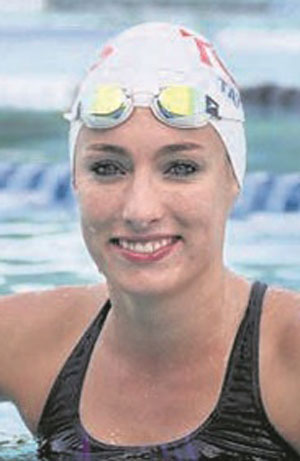
Tatjana Schoenmaker
Double Olympic gold medallist Tatjana was the first able-bodied female swimmer to win Commonwealth Games gold since South Africa’s readmission to international sport when she won the 100m breaststroke at the 2018 Games in Brisbane.
-
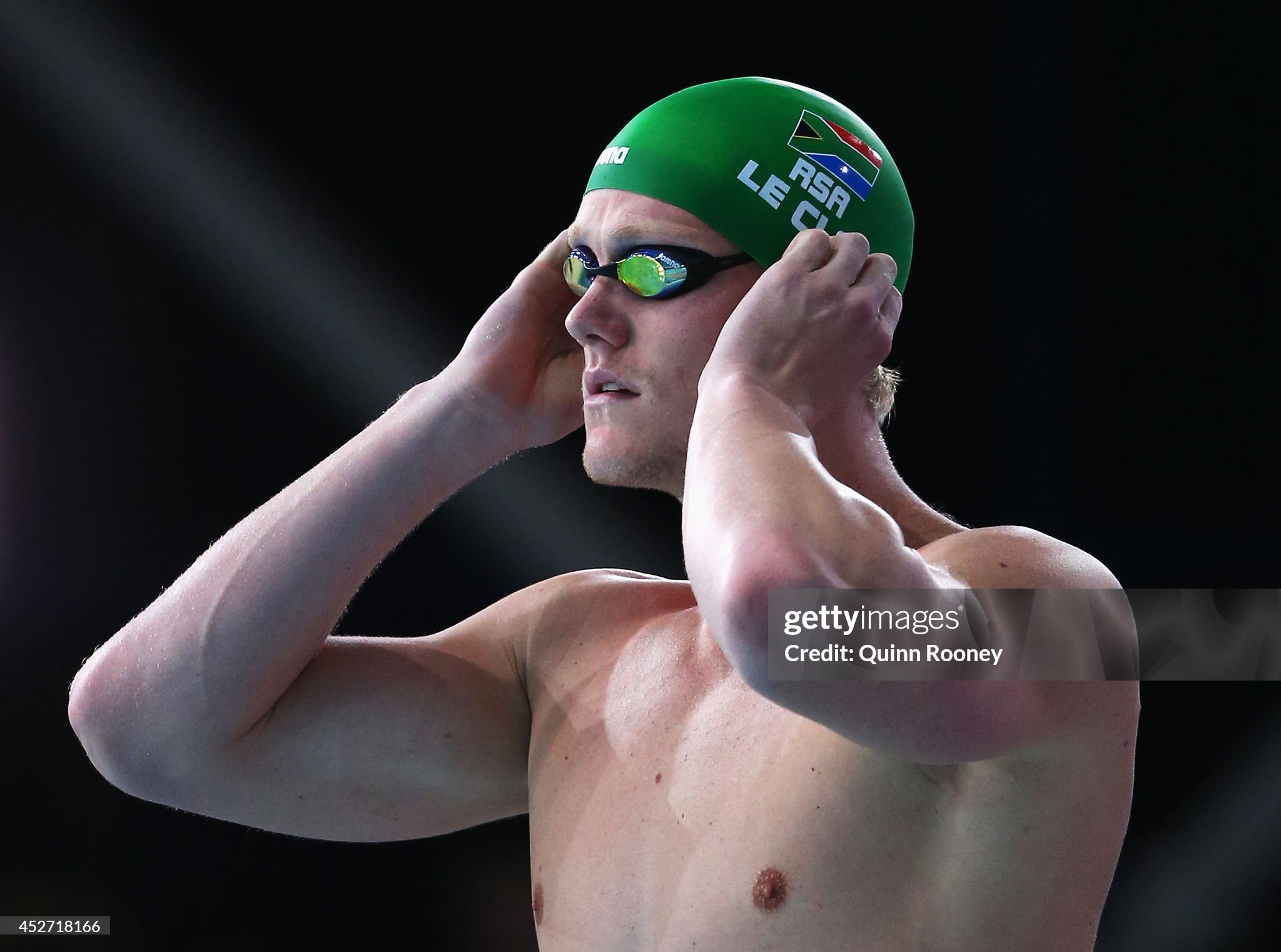
Leith Shankland
Leith competed at the Glasgow 2014 Commonwealth Games. He won a bronze medal in the 4 x 100-metre medley relay and a silver in the 4 x 100m freestyle relay. He also qualified for the 100m freestyle final.
Leith won the non-company relay division at the 2015 Midmar Mile together with Paul Achterburgh, Clayton Jimmie and Chad Ho.
-

Caydon Muller
This boy from Bernoni won the silver medal in the 4 x 100 metres freestyle relay at the 2014 Commonwealth Games in Glasgow. -
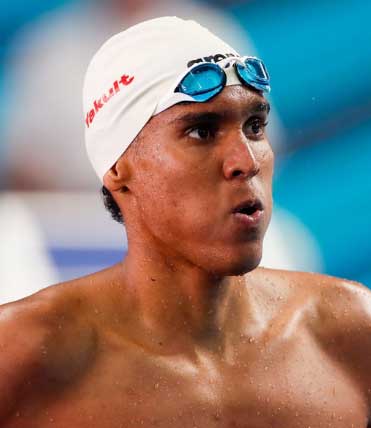
Clayton Jimmie
Clayton Jimmie won two relay medals at the 2014 Commonwealth Games.
- Hits: 4841
